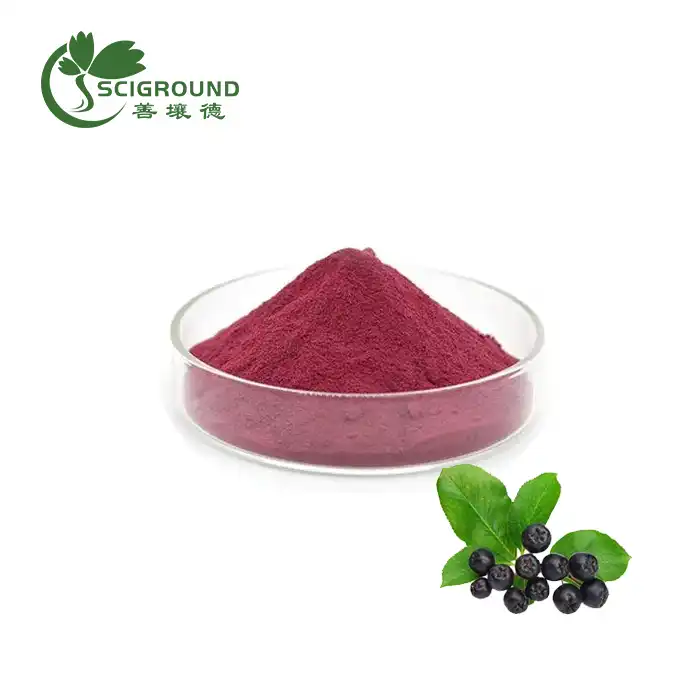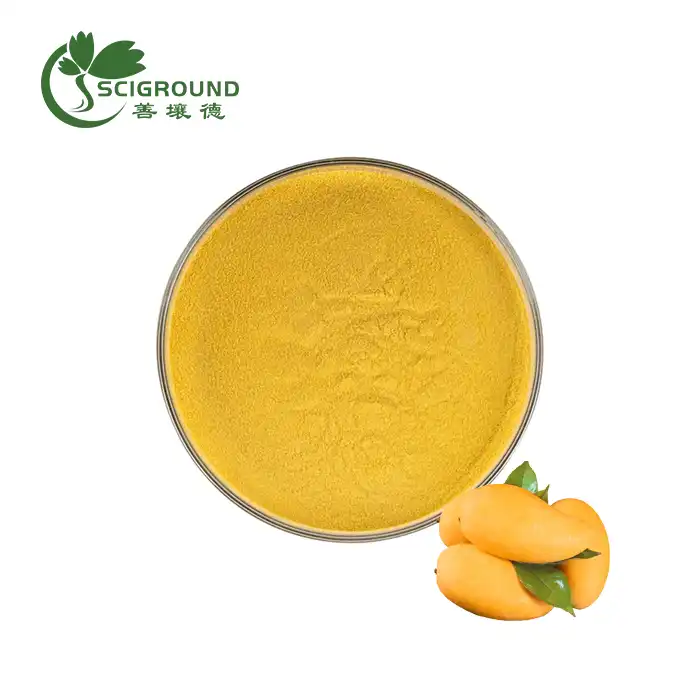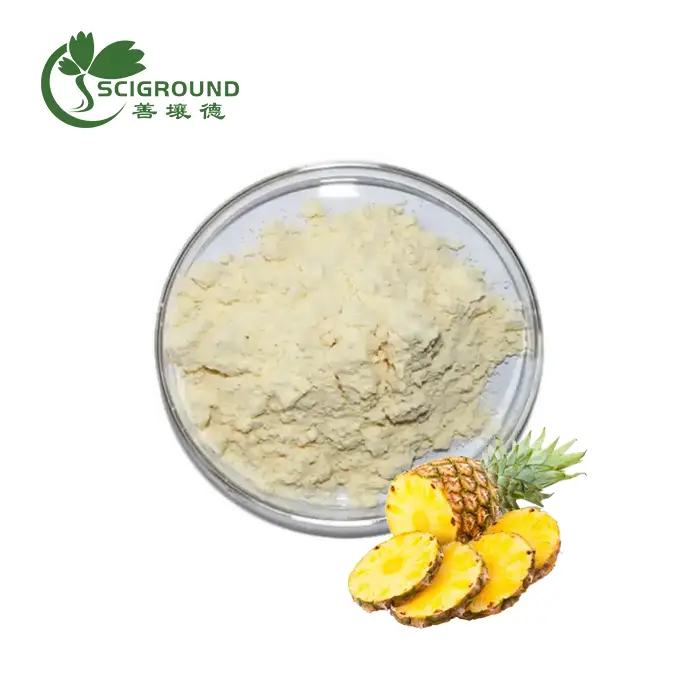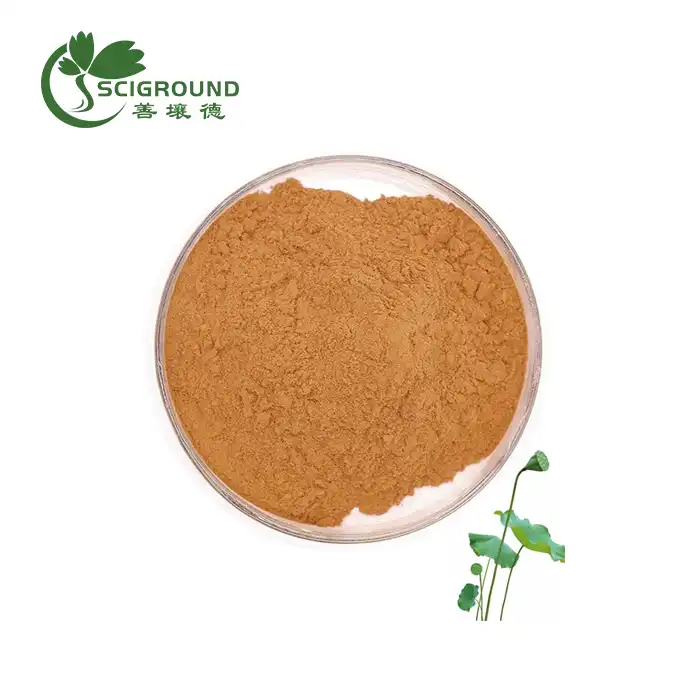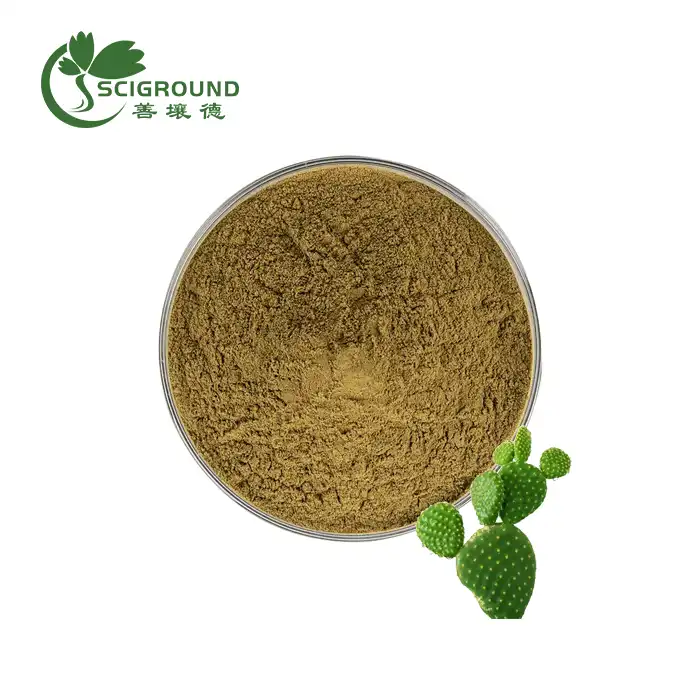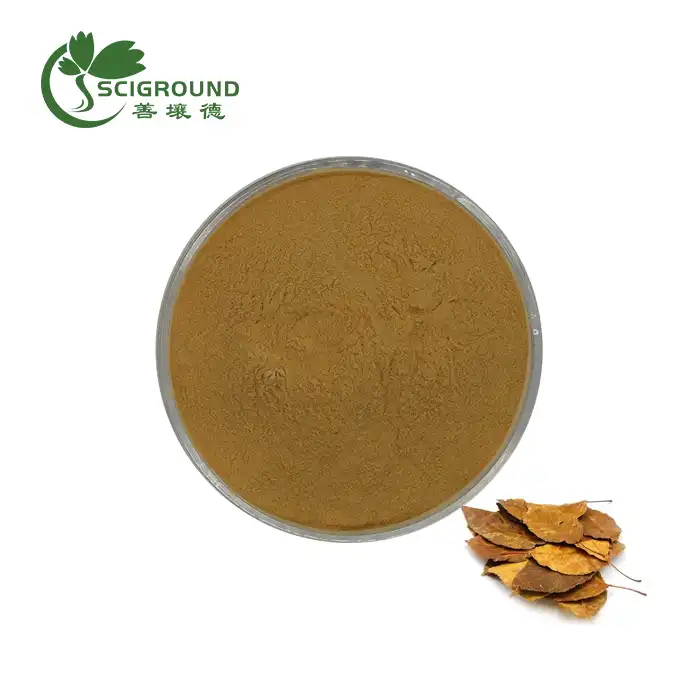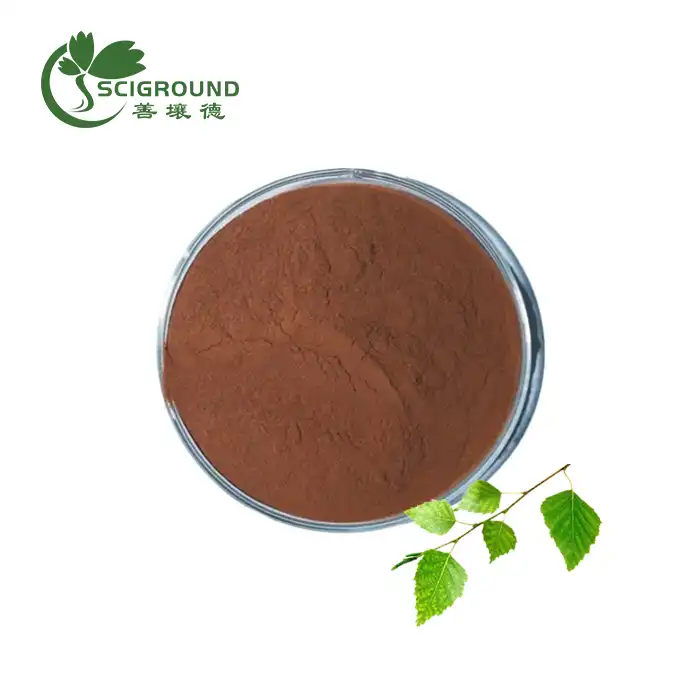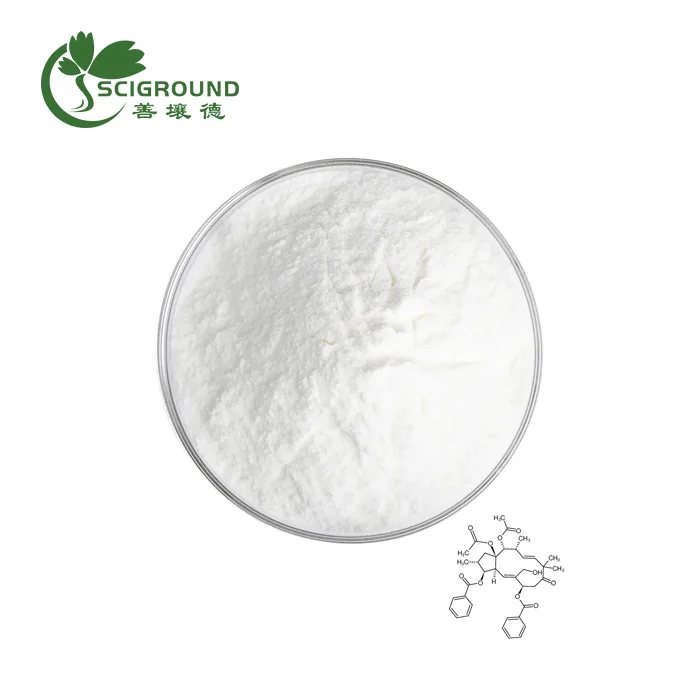Does Black Pepper Have Capsaicin?
But black pepper doesn't contain capsaicin. Instead, it contains piperine, which has a similar effect on the taste buds.
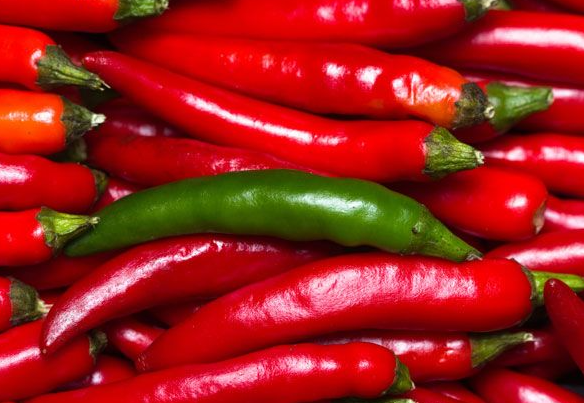
Black Pepper Does Not Contain Capsaicin
Black pepper, obtained from the Piper nigrum vine, is one of the most commonly used spices worldwide. Its signature spicy, pungent flavor comes from a variety of active compounds, most notably piperine.
However, black pepper does not contain any capsaicin. Capsaicin powder is a unique alkaloid compound found only in plants of the genus Capsicum, which includes chili peppers.
Capsaicin is responsible for producing the heat sensation when eating foods like jalapeños, habaneros, and cayenne peppers. It binds to nerve receptors in the mouth that sense heat and pain, triggering signals to the brain that the mouth is literally on fire, even though no actual burn has occurred.
So while black pepper and chili peppers can both taste spicy and pungent, only the chili peppers have that spiciness imparted by capsaicin. Black pepper and chili peppers create their perceptions of heat through completely different compounds.
What Makes Black Pepper Spicy?
Instead of capsaicin, black pepper gets its distinct spicy kick from piperine and other bioactive components such as:
Piperine - The main alkaloid responsible for pungency, making up 5-9% of black pepper. Piperine gives black pepper that sharp, biting taste. It activates receptors TRPV1 and TRPA1 which are involved in sensing heat and pain.
Volatile oils - Between 2-7% of black pepper consists of volatile oils that contain pinene, sabinene, limonene, caryophyllene and linalool. These terpenes contribute to the aromatic, spicy notes.
Piperamine - Another pungent alkaloid in black pepper that produces a bitter, biting taste.
Chavicine - An alkaloid that makes up 1-2% of black pepper and imparts a sharper, more acrid flavor.
In addition to the oral sensory effects, black pepper may also increase thermogenesis after ingestion, creating a warming sensation in the body.
So while it does not contain the exact compound capsaicin, black pepper can certainly taste hot and spicy due to its unique mix of piperine, volatile oils, and other pungent alkaloid compounds.
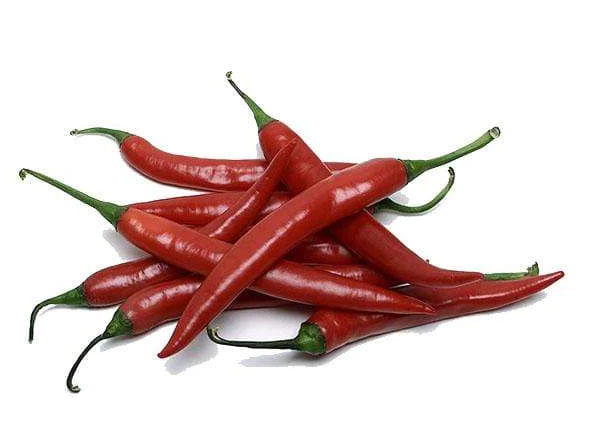
Is There Capsicum in Black Pepper?
Capsicum refers to plants in the nightshade family Solanaceae that produce fruits called peppers, which includes chili peppers. The compound capsaicin is found in peppers from the Capsicum genus, giving them heat and pungency.
Black pepper comes from the unrelated Piperaceae family of vines. So no, there is no capsicum present in black peppercorns or ground black pepper powder.
Sometimes black pepper and chili peppers are both just referred to generically as “peppers” in culinary contexts, but they are completely distinct plants producing very different compounds. Black pepper does not actually contain any capsaicin-producing capsicum.
Does All Pepper Have Capsaicin?
While most peppers from the Capsicum genus contain at least traces of capsaicin, the amount can vary dramatically by exact species and variety.
Some of the most common Capsicum peppers sorted by relative capsaicin content include:
High: Habanero, Scotch bonnet, Thai, jalapeño contain abundant capsaicin powder
Medium: Serrano, Cayenne have moderate levels
Low: Banana pepper, bell pepper, pimento have minimal capsaicin
So while most hot chili pepper varieties like jalapeños and habaneros contain plenty of capsaicin, sweeter Capsicum annuum peppers like bell peppers and pimentos have very little.
On the other hand, black pepper and other piperine-containing peppers completely lack capsaicin. Their pungency comes from different molecules altogether.
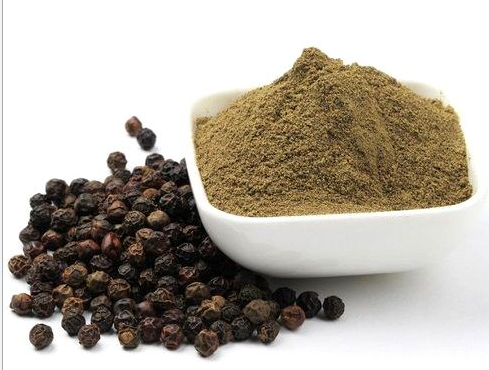
Is Black Pepper Considered Spicy?
Since black pepper imparts a burning, pungent sensation in the mouth when eaten, it is generally considered a spice with a “hot” flavor profile.
However, black pepper is much milder than chili peppers containing capsaicin. While pure capsaicin extract can score over 15 million Scoville Heat Units, black pepper ranks around a modest 1,000 to 2,000 SHU on the spice scale.
So the warming, numbing feeling caused by black pepper is very modest compared to the intense searing heat that can be produced by capsaicin-rich chili peppers like habaneros. The spiciness comes from different chemical compounds.
Is Black Pepper Part of the Capsaicin Family?
No, black pepper and capsaicin come from completely unrelated plant families. Capsaicin extract is produced exclusively by plants in the nightshade or Solanaceae family, which includes peppers from the Capsicum genus like jalapeños and habaneros.
In contrast, black pepper comes from Piper nigrum in the Piperaceae family of flowering vines. So while they can have similarly pungent, spicy flavors, black pepper contains no capsaicin and is not biologically related to those capsaicin-producing pepper plants.
Is Pepper and Capsicum the Same?
In everyday language, the terms “pepper” and “capsicum” are sometimes used interchangeably to refer to spicy, pungent fruits.
Botanically, though, they are very different:
Pepper refers to any dried fruit from flowering vines in the Piper family, most notably black pepper from Piper nigrum.
Capsicum only refers to those chili pepper fruits from the Solanaceae family of flowering plants that contain capsaicin.
So all capsicums are peppers, but not all peppers are considered capsicums! Only chili peppers belong to the capsicum group that can produce capsaicin, while black peppercorns are excluded.
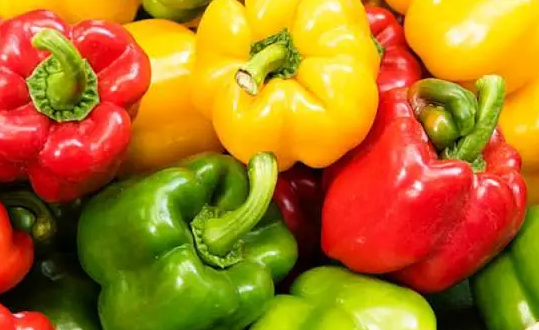
Why is a Pepper Called a Capsicum?
The term “capsicum” arose because all peppers of the Capsicum genus contain hollow inner chambers inside the fruit called cavities that are lined with seeds and membranes.
The Latin word “capsa” means box or capsule-like container. So peppers of this nightshade genus came to be called “capsicums” referencing these inner capsules within the pepper fruits that contain the seeds.
Of course, modern botany recognizes Capsicum as its own distinct genus apart from Piper and other pepper fruits. But the shared “capsicum” name hinting at the inner structure remains, even if not all “peppers” actually belong to that exact species and contain capsaicin extract.
The Unique Properties of Capsaicin
To fully understand why black pepper lacks pure capsaicin powder, it helps to take a closer look at this unique molecule and its chemical properties:
Capsaicin is an alkaloid only produced by Capsicum pepper plants as a defense against fungi and herbivores.
Chemically it consists of vanillylamine bonded to a branched fatty acid chain, giving it fat solubility.
Capsaicin binds to TRPV1 receptors in the nervous system that detect heat and pain, triggering signals of burning sensations.
It rates up to 16 million Scoville heat units in pure form, though most chili peppers contain far less.
Capsaicin produces an initial burning feeling, followed by desensitization to pain and potential analgesic effects.
It may have some beneficial effects on metabolism, weight management, and cardiovascular health.
Topical capsaicin creams are used to treat peripheral neuropathy pain.
So in summary, while the black pepper we liberally shake on our food can offer a modest spicy punch, it does not actually contain the potent capsaicin compound responsible for the trademark fiery heat of chili peppers. The pungency comes from an entirely different set of alkaloids and volatile oils. Both can add spice, but only true capsicum chili peppers harbor the power of capsaicin!
References:
[1] Orellana-Escobedo, L., Ornelas-Paz, J. de J., Olivares-Báez, R., Guerrero-Legarreta, I., Sepúlveda, D. R., & Ruiz-Cabrera, M. A. (2012). Proximate Composition, Phenolic Acids, and Flavonoids Characterization of Black, Brown, and Red Pepper (Capsicum annuum var. glabriusculum) Grown in Mexico. CyTA - Journal of Food, 10(2), 127–134.
[2] Surh, Y.J. and Lee, S.S., 1995. Capsaicin, a double-edged sword: toxicity, metabolism, and chemopreventive potential. Life sciences, 56(22), pp.1845-1855.
[3] O’Neill, J., Brock, C., Olesen, A.E., Andresen, T., Nilsson, M. and Dickenson, A.H., 2012. Unravelling the mystery of capsaicin: a tool to understand and treat pain. Pharmacological reviews, 64(4), pp.939-971.
[4] McLeod, M. J. (2017). The evolutionary origins of pepper (genus Capsicum). In Genomics and Breeding for Climate-Resilient Crops Vol. 2 (pp. 209-224). Springer, Cham.
ABOUT AUTHOR

Celine Xu is a botanist with over 15 years of experience researching and developing plant extracts for nutritional and pharmaceutical applications. She leads an R&D team focused on identification, cultivation and extraction of medicinal plants. Celine Xu earned a Ph.D. in Plant Biology has authored numerous articles in peer-reviewed journals about the health benefits of specific phytochemicals. She frequently speaks at industry conferences about new developments in plant extract research. Celine Xu is dedicated to advancing the scientific understanding of how targeted plant compounds can be used to improve human health.
Related Industry Knowledge
- What is Oat Beta Glucan?
- What is Artemisia annua extract in skincare?
- What is acipimox used for?
- What is Kakishibu Persimmon Extract Soap
- are potatoes a good source of protein
- What is Inulin?
- Medicinal Value of Corn Silk
- Exploring the Science Behind L-Ornithine as a Supplement
- Is L-carnitine Worth the Hype?
- Is Capsaicin Good For You?
